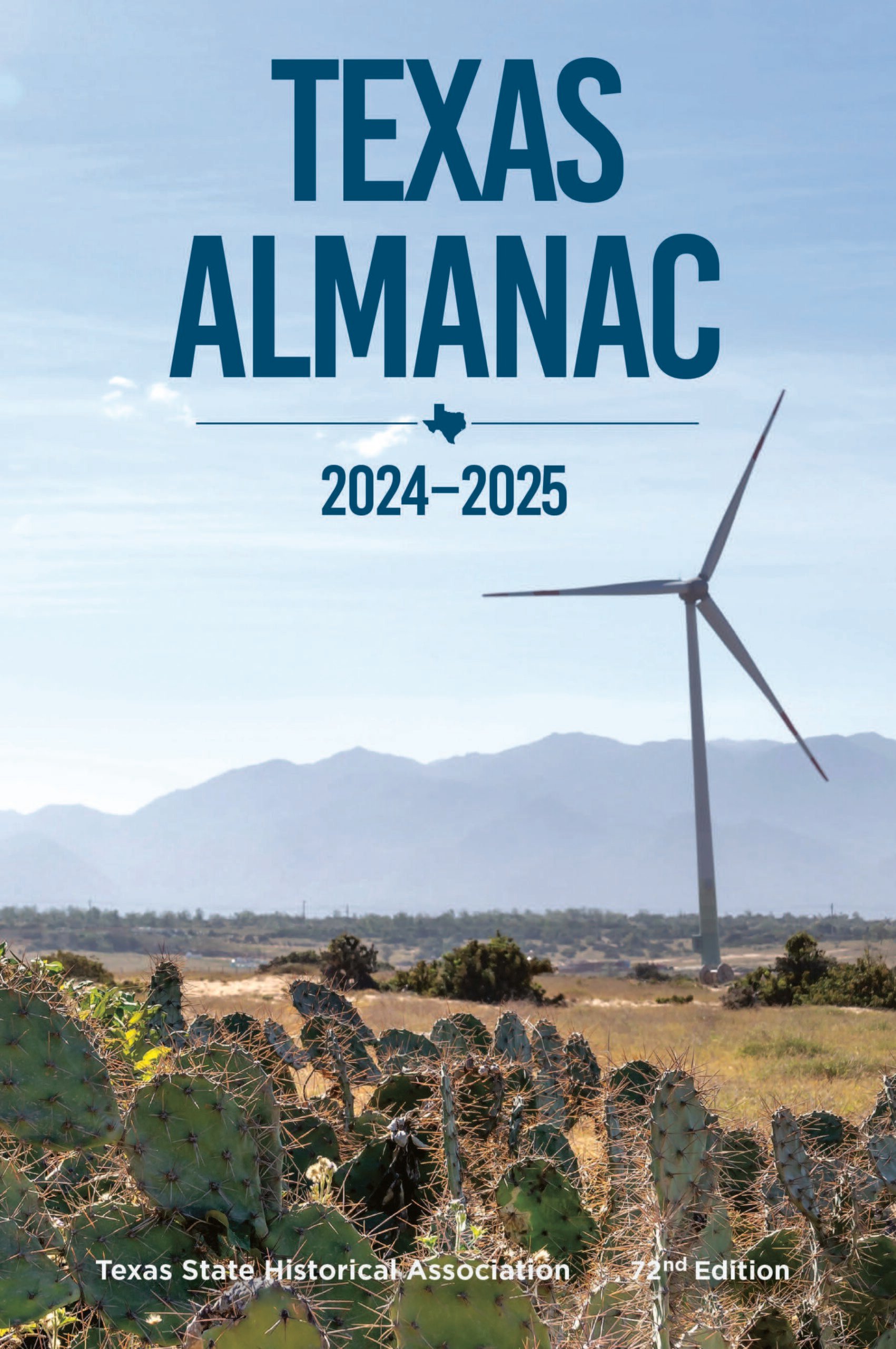Reunion
The colony known as La Réunion was located on the south bank of the Trinity River in central Dallas County, just north of Interstate Highway 30 and within the present city limits of Dallas. It was founded by Victor Prosper Considérant, one of the leading democratic socialist figures in France and director of an international movement based on the philosophical and economic teachings of François Marie Charles Fourier. Considérant planned for the colony to be a loosely structured communal experiment administered by a system of direct democracy. The participants would share in the profits according to a formula based on the amount of capital investment and the quantity and quality of labor performed. Considérant traveled across the United States to Northeast Texas in 1852–53 looking for a suitable area for a colony. Impressed by the climate and other features of the region, he returned to France to organize a company and obtain funding for the project. He set forth elaborate and specific plans for the Texas colony in the French publication Au Texas (1854) and in the English publication The Great West (1854). In these two books he called for a joint European-American venture at La Réunion and proposed the eventual establishment of a network of colonies throughout the Southwest, connected by commercial, cultural, and educational ties.
Although nearly 2,000 persons had registered to immigrate from Europe, only about 200 French-speaking colonists arrived in Galveston in 1855; they traveled overland from the coast, reached Dallas in April, and arrived at La Réunion on June 16. Although many settlers left the colony soon after they arrived, new arrivals kept the population fairly constant for about two years; the number of residents peaked at around 350 in the fall of 1856. La Réunion existed as a serious communal organization for only about eighteen months. Financial insolvency precipitated the early demise of the colony. The Société de colonisation europeo-americaine au Texas, the joint-stock company that Considérant founded to sponsor the colony, did not attract enough capital investment to provide fiscal stability, and Considérant had overspent the company's resources by purchasing large tracts of land elsewhere. Because of poor soil, unusually severe winters and summer drought, a shortage of participants with necessary skills, and rising prices in Texas, the colonists were unable to succeed in farming. Inadequate housing, nativistic opposition by other local residents, and internal conflicts compounded the problems, and on January 28, 1857, one of the heads of the colonization society, Allyre Bureau, gave formal notice that the colony had been dissolved. By 1860 most of the colonists had left the settlement. Some moved to New Orleans, and others returned to Europe. At least half of the colonists settled in other Texas communities, particularly Dallas and San Antonio, and a few purchased their own land from La Réunion holdings and remained there permanently.
Rondel V. Davidson | © TSHA

Adapted from the official Handbook of Texas, a state encyclopedia developed by Texas State Historical Association (TSHA). It is an authoritative source of trusted historical records.

- ✅ Adoption Status:
Belongs to
Reunion is part of or belongs to the following places:
Currently Exists
No
Place type
Reunion is classified as a Town
Associated Names
- [La-]
Location
Latitude: 32.80041270Longitude: -96.80100470
Has Post Office
No
Is Incorporated
No

